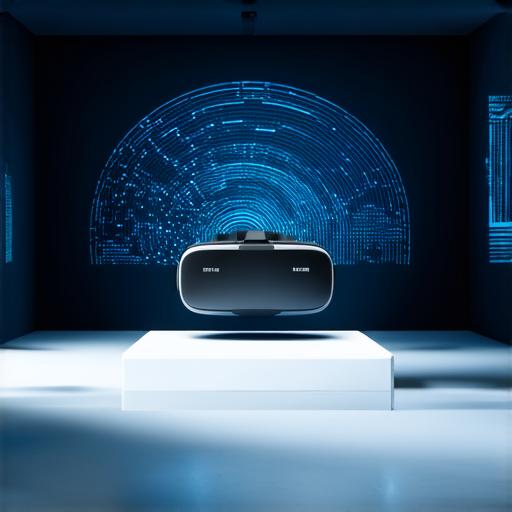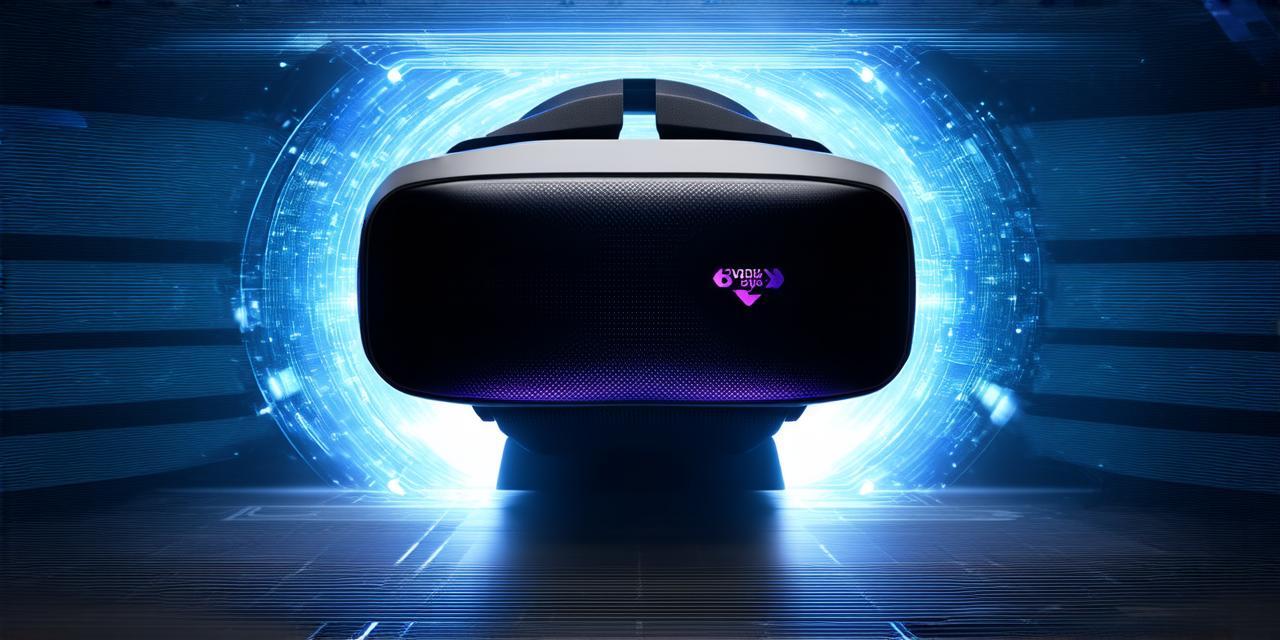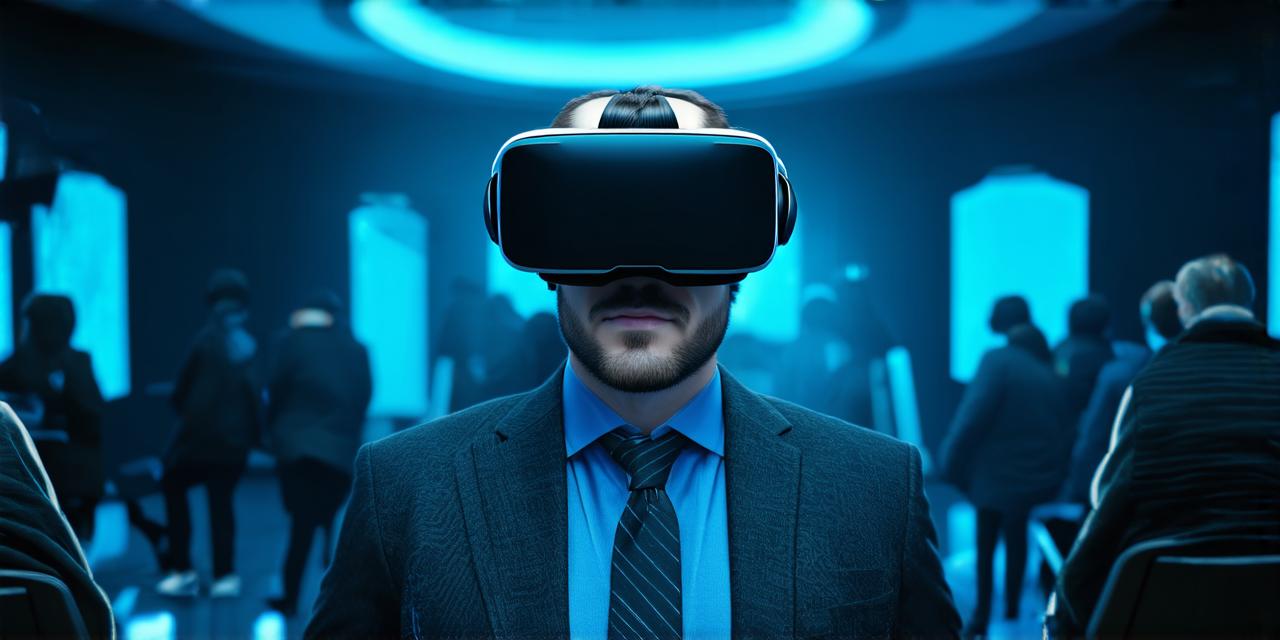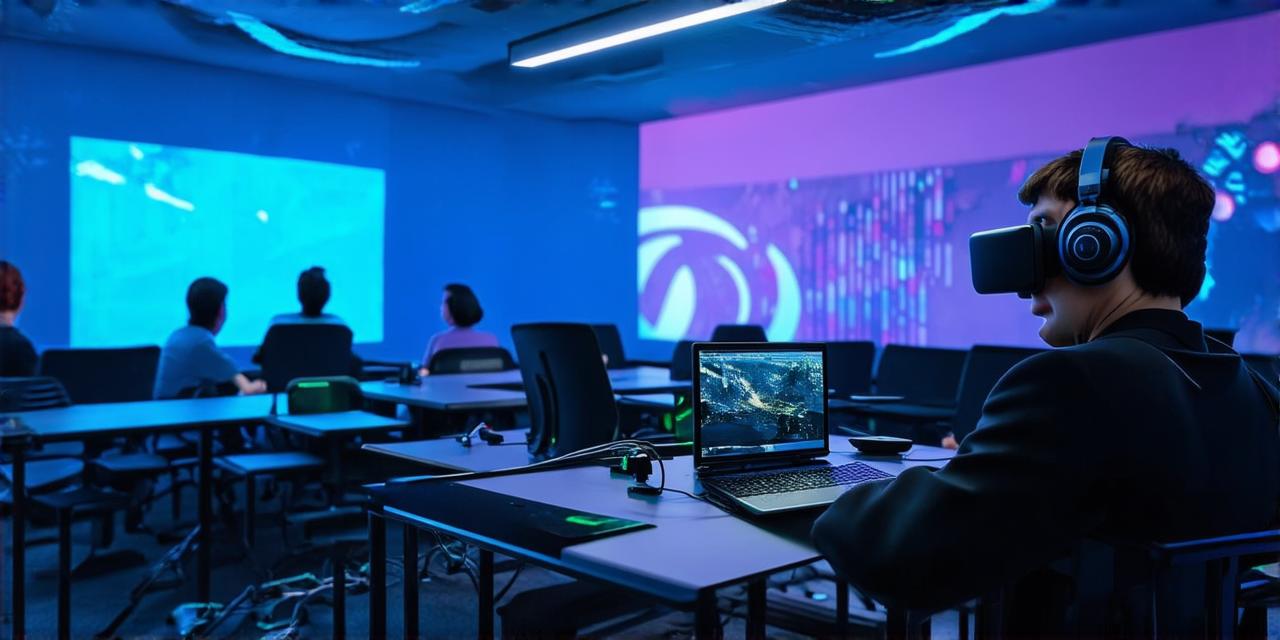Virtual reality (VR) is a technology that simulates a three-dimensional environment and immerses users in a computer-generated world. In psychology, VR has been used to study various aspects of human behavior and cognition.
The definition of virtual reality in psychology refers to the use of this technology to simulate real-life situations or create artificial environments that can be experienced by individuals.
Virtual reality in psychology can be defined as a tool for research, therapy, and education. It allows researchers to study behavior in controlled settings, therapists to treat phobias and anxiety disorders, and educators to teach new skills in a safe and efficient manner.
Cognitive Psychology
In cognitive psychology, VR is used to study how individuals process information and make decisions. For example, researchers have used VR simulations to study attention, perception, and memory. By creating a virtual environment that closely mimics real-life situations, researchers can control variables such as lighting, noise, and distractions to study how individuals respond to different stimuli.
Developmental Psychology
Virtual reality has also been used in developmental psychology to study the effects of technology on children’s cognitive and social development. Researchers have used VR simulations to study attention, learning, and problem-solving skills in children. In addition, VR has been used to create realistic simulations that can be used to teach children about different cultures, history, and science.
Social Psychology
Virtual reality has been used in social psychology to study how individuals behave in social situations. For example, researchers have used VR simulations to study social anxiety, empathy, and conflict resolution. By creating a virtual environment that simulates real-life social situations, researchers can control variables such as the presence of others and the nature of the interaction to study how individuals respond.

Clinical Psychology
Virtual reality has been used in clinical psychology to treat phobias and anxiety disorders. By exposing individuals to a virtual environment that simulates their feared stimuli, therapists can help them overcome their fears in a safe and controlled manner. In addition, VR has been used to treat post-traumatic stress disorder (PTSD), where patients are exposed to virtual simulations of traumatic events to help them process and recover from their experiences.
In conclusion, virtual reality is defined as a tool for research, therapy, and education in psychology. It allows researchers to study behavior in controlled settings, therapists to treat phobias and anxiety disorders, and educators to teach new skills in a safe and efficient manner. VR has been used in various fields of psychology, including cognitive psychology, developmental psychology, social psychology, and clinical psychology. As technology continues to advance, virtual reality will likely become an increasingly important tool for researchers and practitioners in psychology.



